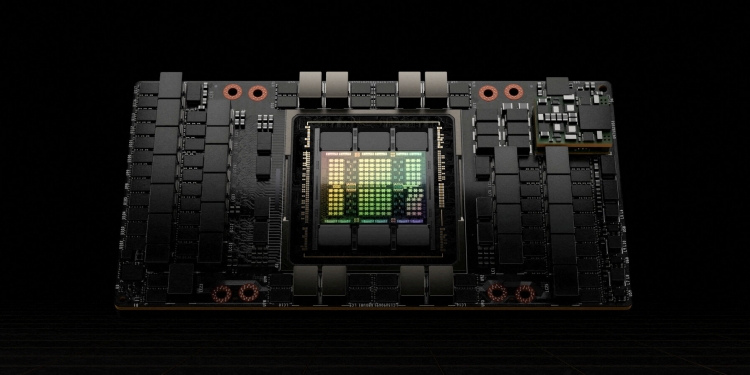The next time you see a Chinese GPU, you may spot something familiar – “Assembled in Malaysia.” This is based on a report stating that Chinese companies are looking at Malaysia to do advanced chip assemblies, particularly for GPUs to be used in AI processing.
Chinese customers approached several Malaysian chip packaging firms to assemble GPU here, but most are tight-lipped on which companies are contracting them.
The AI field is growing by the month, and countries around the world are looking to capitalise on the growing sector. Even Malaysia is in the race, as we saw the first Digital Ministry, headed by YB Gobind Singh established. We also saw the first visit of NVIDIA’s CEO to Malaysia, one of the top companies currently in the field of AI as well as AI-related hardware.
Malaysia as a target for chip assembly
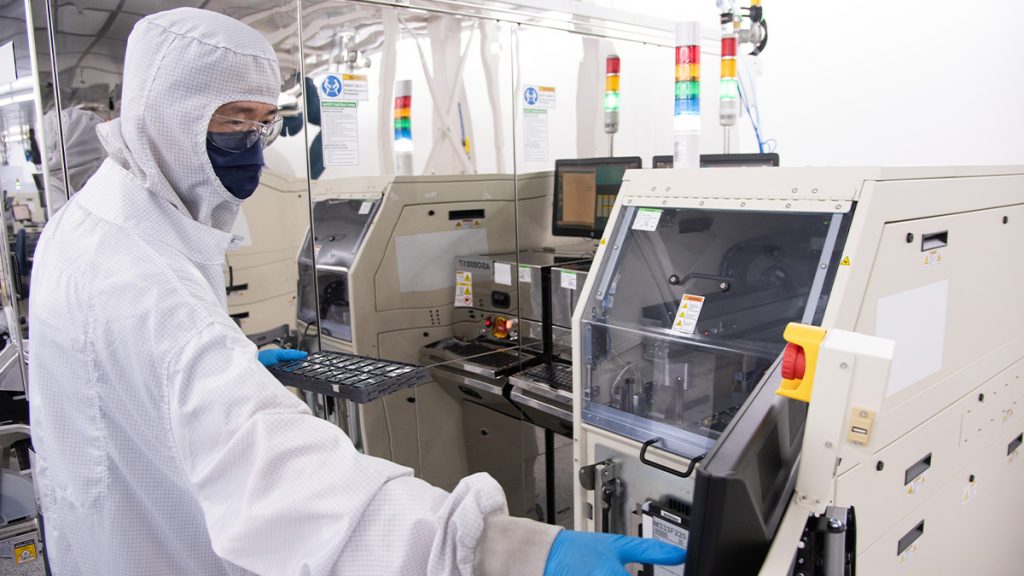
The companies from China are looking just to assemble their chips here, which does not contravene any US restrictions. This is on the back of US sanctions designed to curb China from leaping forward in the Artificial Intelligence (AI) game.
Seeking to limit China’s access to high-end GPUs that could fuel artificial intelligence breakthroughs or power supercomputers and military applications, Washington has increasingly placed restrictions on their sales as well as on sophisticated chip-making equipment.
Advanced packaging of chips can significantly improve chip performance and is emerging as a critical technology in the semiconductor industry. This sometimes involves the construction of chiplets where chips are packaged tightly to work together as one powerful brain.
Malaysia, a major hub in the semiconductor supply chain, is seen as well placed to grab further business as Chinese chip firms diversify outside of China for assembling needs. Malaysia currently accounts for 13% of the global market for semiconductor packaging, assembly, and testing and is aiming to boost that to 15% by 2030.
Multiple Chinese firms are interested to do business in Malaysia
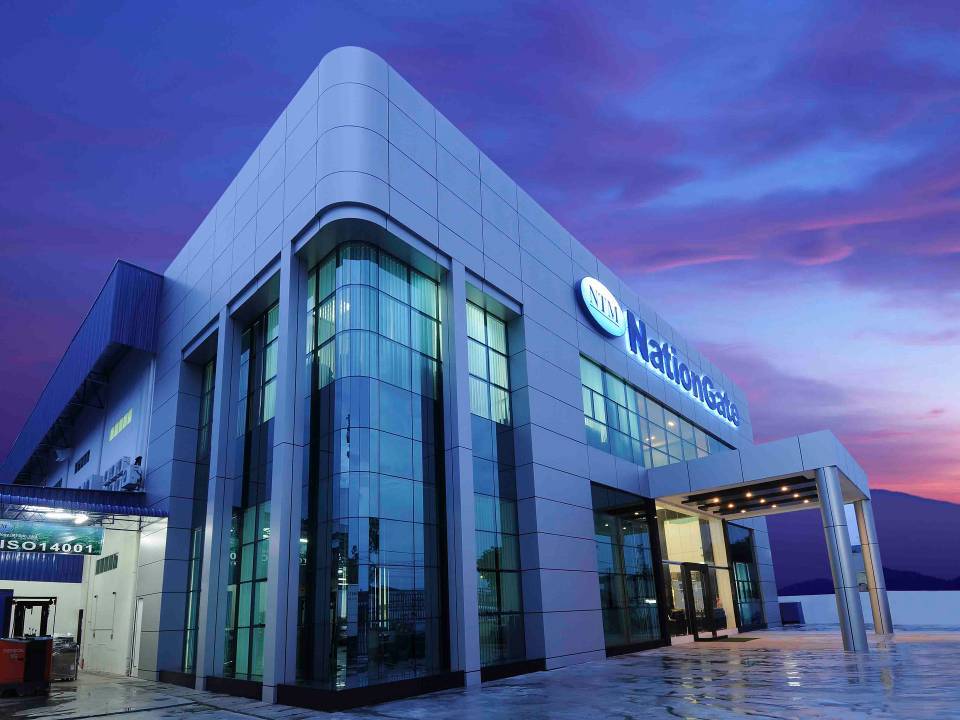
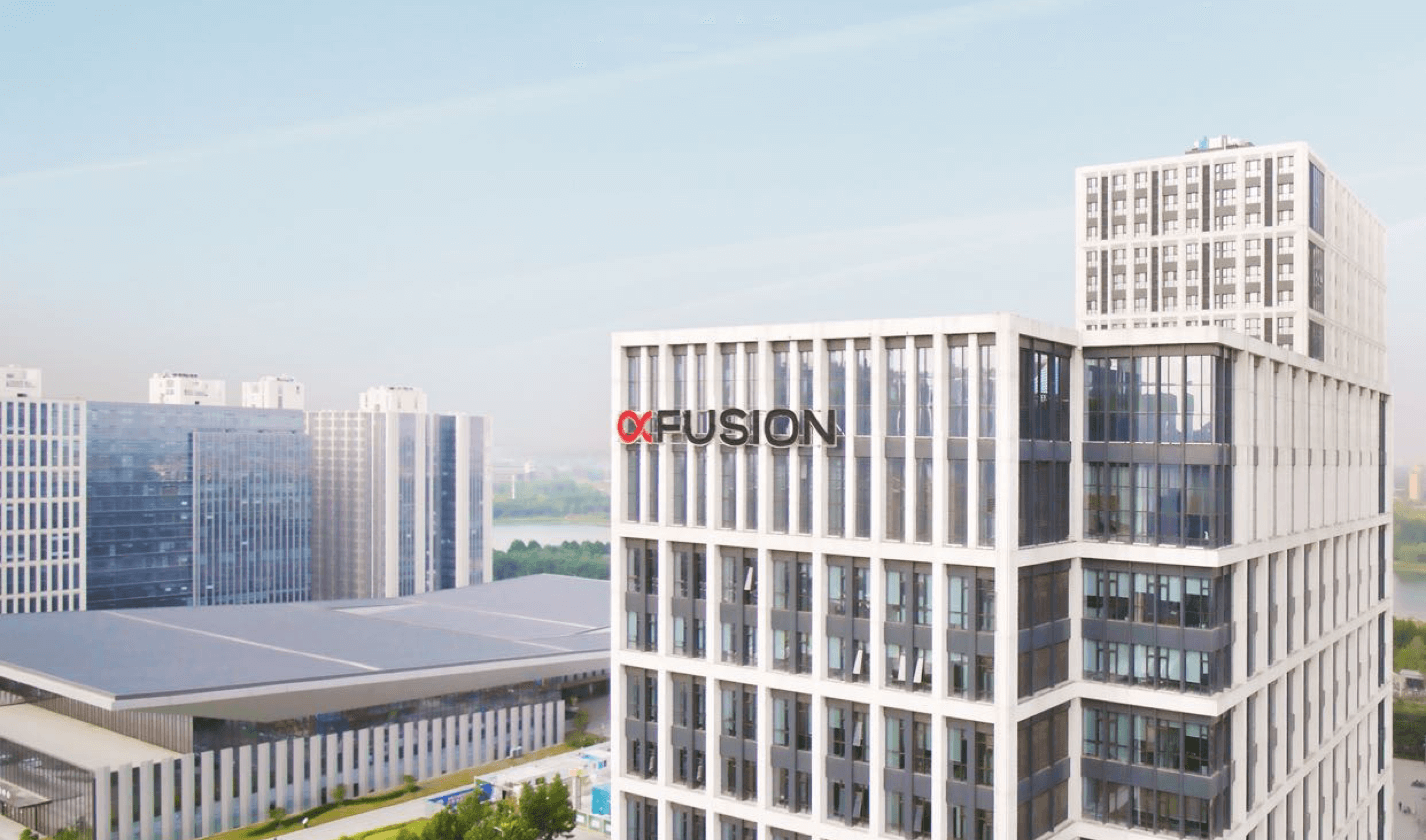
Chinese chip firms that have announced plans to expand in Malaysia include Xfusion, a former Huawei unit, which said in September it would partner with Malaysia’s NationGate to manufacture GPU servers – servers designed for data centres which are used in AI and high-performance computing.
Shanghai-based StarFive is also building a design centre in Penang, and chip packaging and testing firm TongFu Microelectronics said last year it would expand its Malaysia facility – a venture with U.S. chipmaker AMD.
Chinese chip design firms see Malaysia as a good option because the country is perceived as being on good terms with China, is affordable, with an experienced workforce and sophisticated equipment
Malaysia as a hub for investment
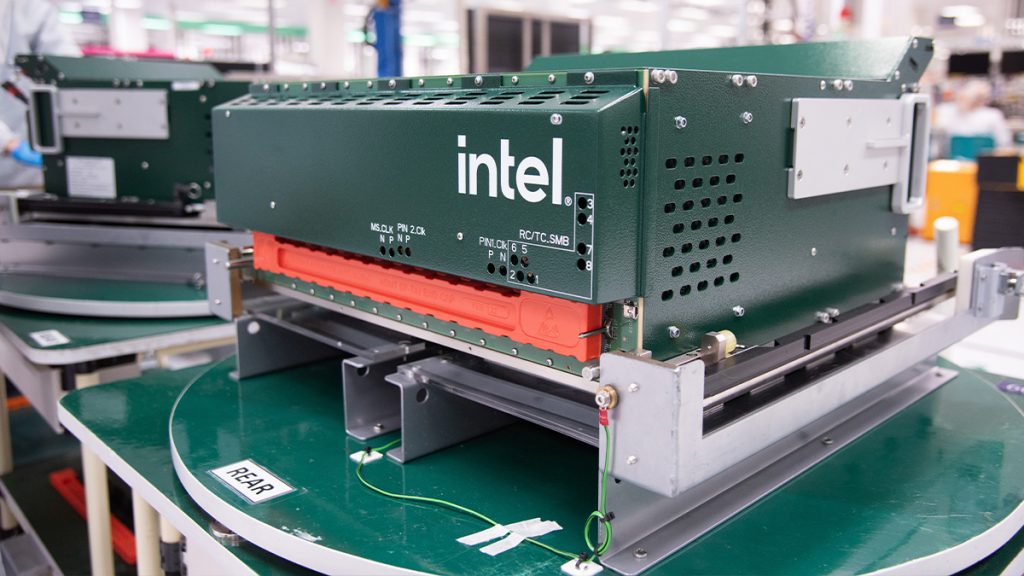
One of the reasons Chinese companies are looking to assemble their products outside of China is so it can be easier to sell their products in non-Chinese markets, according to a source that talked to Reuters.
Malaysia is no stranger to chip assembly investments – Germany’s Infineon said in August it would invest EUR 5 billion (about RM 25.5 billion) to expand its power chip plant. Intel also announced in 2021 that it is investing $7 billion (about RM 33 Billion) to build a new chip-packaging and testing factory, which some are already online and can be seen here during our visit to the site in October.
[SOURCE]

